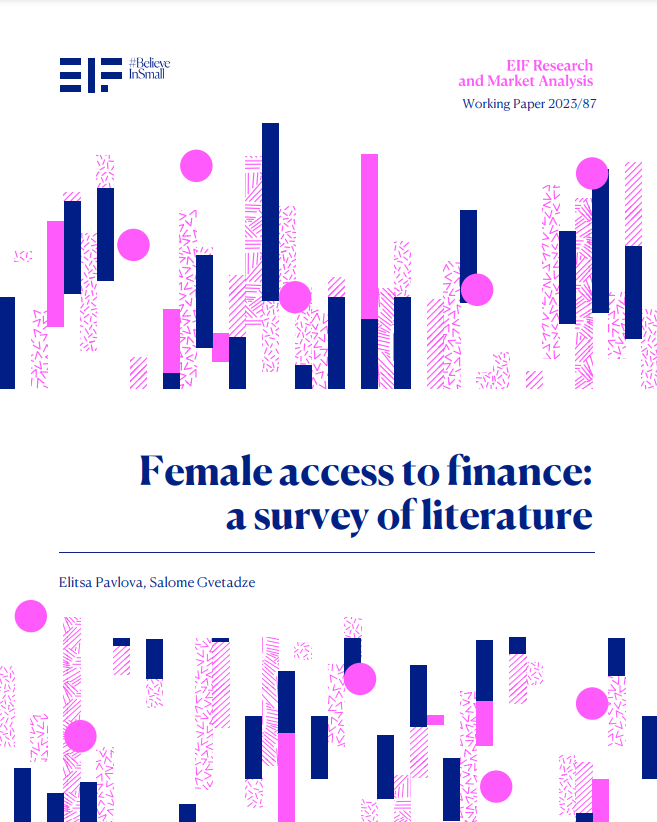On June 1 and 2, 2015 the G-20 Global Partnership for Financial Inclusion hosted a workshop on "Financing Entrepreneurship - Innovative Solutions". The event had 165 attendees from 45 countries. This included leaders from banks, fintechs, donor institutions and governments.
A polling tool was used during the event to request the attendees to identify the top priorities for the event. This is what the participants indicated:
- Create enabling regulatory environment that promotes financial inclusion (such as via mobile services and underwriting models), allows banks and NBFIs to better serve SMES.
- Promote the development of open platforms to lower costs of joining ecommerce and supply chains by SMEs, and costs of using this data to lower costs of financial services offerings to SMEs who join these platforms.
- Increase private partnerships between banks, fintechs and other players to scale beyond what either could do on their own.
- Improved basic financial markets infrastructure to support long term investment, including sound secured transactions regimes, insolvency regimes, and inclusive, comprehensive credit information.
- Digitize information within banks and other sources to use to understand customers, market through mass customization, make credit decisions and increase processing efficiency.
- Develop new ways of securing loans, moving beyond reliance on fixed collateral (moveable collateral registry, alternative data (including psychometrics), etc.
- Take an ecosystem perspective more routinely, such as addressing collateral requirements, sources of underwriting data, nonfinancial services, etc. to serve SMEs, especially start-ups, women and youth-owned enterprises.
- Proportional regulation to encourage longer term financial products, particularly asset based products, and to allow mobilization of capital from institutional investors for these products.
- Increase the availability of nonfinancial services for entrepreneurs (entrepreneurship training, mentors, networking, financial literacy, etc.)
- Establish (require?) national SME strategies to ensure SME’s real needs are met in coordinated, efficient way to scale up their success.
- Harmonize regulation and public policy: re-balance current post-crisis regulations to incentivize investing in SMEs/real economy while still protecting safety and soundness.
- Simplify acceptance (support new underwriting models) so that more SMEs can accept electronic payments of all sorts (card, Internet, mobile, etc.)
- Provide incentives for large corporates in supply chains to put skin in the game for financing SMEs in these chains.
- Address policies from perspective of what benefits SMEs in general, but ensure that women and youth-entrepreneurs benefit especially.


















